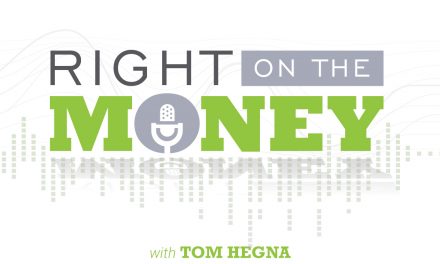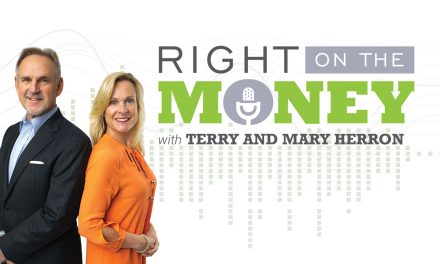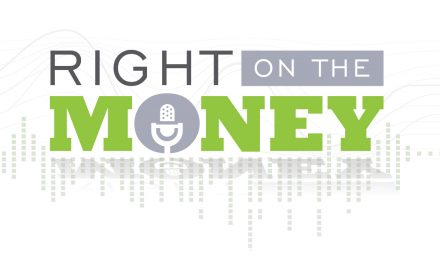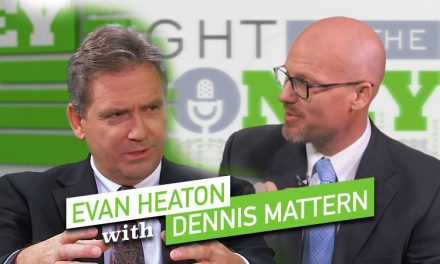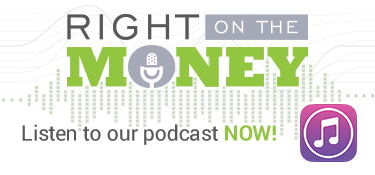Different Rules Apply for the Employed and Their Employers
Though a shared goal, retirement is achieved differently by employers and employees. Both groups utilize savings from earnings to fund their retirements, however, changing times and regulations provide employers with often overlooked advantages. Employees should utilize available savings opportunities and maintain strict oversight of their retirement accounts. Watch the interview with retirement expert Nick Paleveda, JD, MBA.
Few people want to work forever, and many envision retiring on Day 1 of their careers. Getting to that point can be a battle, whether the aspiring retiree is the employee or the employer. There are variations for each party, and adhering to the fundamentals of saving will help. Upholding one’s retirement plan is essential due to the steady decline of defined benefit plans (pensions) administered by employers, and the rising popularity of 401(k) plans since 1980. In short, the retirement planning burden has shifted from employer to employee.
Employers:
Do provide employees with a retirement savings channel, which gives the employee an opportunity to shelter income from immediate taxation and build their future. Compared to employer-funded pensions, 401(k) plans shift the savings burden to the employee and require less ongoing and future administration by the employer. If you’re self-employed or a small business owner you may not want to fund your retirement through a 401(k) – it’s tax inefficient. Do fund it through your own fully insured define benefit plan, which offers contribution deductions against Unemployment, Social Security and Medicare taxes, unlike 401(k) contributions, which only reduce federal and state taxes.
Employees:
Do recognize the limits of Social Security – it’s not an income substitute – and accept responsibility for planning and funding your retirement. Do become informed, especially about the rules and limits of an employer’s 401(k) plan. Don’t miss any “free money” matching contributions that employers provide, since they can’t be repeated or re-claimed. Don’t raid or borrow from a 401(K) to fund a child’s college education, a new home or the next “shiny object” like a car, that will immediately depreciate. Penalties may also apply.
Employers and Employees:
Do strive to accumulate positive equity from stocks, bonds and annuities that can grow over time. Don’t leave a 401(k) behind when changing jobs. Millions of accounts and $1 trillion dollars in retirement savings are considered abandoned
Syndicated financial columnist Steve Savant interviews best selling author, popular platform speaker and retirement expert Nick Paleveda, JD, MBA. Right on the Money Show is an hour long financial talk distributed to 280 media outlets, social media networks and financial industry portals.

